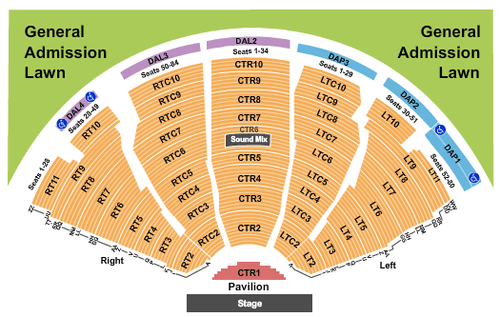

The only problem? Middle management is stressful, grinding, usually thankless work. If artificial intelligence is coming for our jobs, its plan is to turn us all into middle managers of overlapping, interacting AI systems. And even if humans aren’t the ones producing every solitary word, phrase, sound, or string of numbers, humans will be tasked with generating, editing, and corralling all this synthetic media.
#FAMILY SONGS FOR SLIDESHOW CODE#
In a world where the cost of producing content, correspondence, research, and code approaches zero, it stands to reason that the forces of capitalism would respond by demanding as much of it as possible.
#FAMILY SONGS FOR SLIDESHOW FREE#
Why should we expect generative AI to free us from this familiar cycle? Instead, it is merely another workplace channel workers must tend to-another way to be productive and available to our colleagues and bosses, instantly, at any time. Slack, the corporate email killer, hasn’t unclogged our inboxes. Email didn’t dismantle the culture of interoffice memos and workplace correspondence, but it did make them readily accessible all the time. The story repeats with many prosaic office technologies. But its gains weren’t to the benefit of the worker, who was simply driven to produce more each shift. The principles of Taylorism changed business and management forever. Frederick Winslow Taylor and his stopwatch ruthlessly optimized the factory floor at Bethlehem Steel by surveilling workers and forcing them to eliminate breaks and streamline their motions. The logic is simple and circular: Increased efficiency frees us up to be more productive.

But that time is usually reinvested into more labor.

We’re told that it will liberate us-from the tyranny of our inboxes or from toiling on factory floors-and we will recoup our time, the most precious commodity of all. Time and again, a piece of technology promises to increase productivity by chipping away at the inefficiencies in our lives. It is a vision of productivity defined by endless possibility. Generative-AI tools are, in essence, pattern-recognition engines, and their wide deployment is seen by evangelists as the beginning of a rapid expansion of the amount of intelligence in the world, whatever that means. The promise of artificial intelligence is automation, and the promise of automation is to remove friction from the process of production-of typing words, of crunching numbers, of synthesizing information. ChatGPT’s Code Interpreter plug-in is able to edit video, pull and analyze information from complex spreadsheets, and build dazzling custom charts and visualizations with a single prompt. Running a ChatGPT window on a work computer has already become akin to writing with spell check for some people. They produce LinkedIn-sounding prose that’s perfect for just circling back. Large language models are intelligent-seeming ( if fundamentally unreliable), trained on mountains of information, and eminently capable. In its idealized state, generative AI is the ultimate productivity tool. Humanity isn’t to be obliterated by a vengeful artificial sentience, and office workers probably won’t be replaced en masse with machines instead, we will be expected to produce and behave more like robots ourselves. It’s a vision of the true AI apocalypse on the horizon that feels more like a soulless grind. This is how AI comes for our jobs, one ChatGPT-generated slide deck and inbox integration at a time. Workplace AI feels like the purest distillation of a corrosive ideology that demands frictionless productivity from workers: The easier our labor becomes, the more of it we can do, and the more of it we’ll be expected to do. The future that Google is promising feels familiar-it’s all about heightened convenience and one-click efficiency-and I hate it. The company will soon introduce AI functions into programs such as Gmail, Google Sheets, and Google Slides that will allow users to type simple commands and receive complex outputs: entire email compositions, for example, or auto-generated tables. Abandon all hope, ye who merge spreadsheet cells! Last week, at its annual I/O conference, Google spent hours detailing how large language models would help the knowledge workers of the world unload their busywork onto a legion of eager, capable neural networks.


 0 kommentar(er)
0 kommentar(er)
